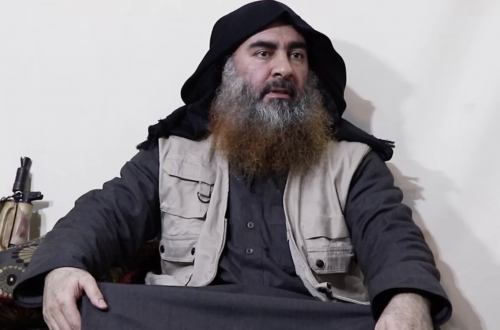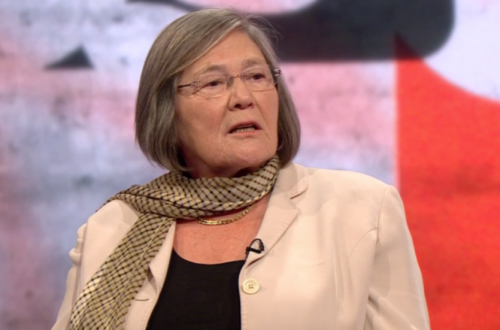The Daily Express recently published a story with the headline ‘Half of British Muslims ‘support ISIS’ as fears grow over influence of terror group’. Quotation marks can signify a range of slightly different things in headlines, and I would certainly have expected stronger evidence for this not-quite-claim than what was provided in the story (which I read at the time but which has since been pulled).
The ICM figures are worrying enough as it is; the results suggest that 9% of those polled (claim to) have a favourable or somewhat favourable view of ISIS. It’s natural to assume that people who support ISIS are Muslims (which is perfectly compatible with assuming most British Muslims don’t). Although it’s not an unreasonable working assumption that Muslims are disproportionately represented in those reporting ‘favourable’ views, the poll didn’t break its results down by religion. However it does offer other breakdowns, and it’s interesting to look at what they reveal. The disproportionate support amongst younger people might look as though it could map onto Muslim demographics, as well as fit with the way ISIS targets teenagers. However supporters are fairly evenly spread across the UK. Most Muslims live in London, the North and Midlands but there is no particular correlation between region and ISIS support. In Scotland 10% of respondents expressed some degree of support for ISIS but only about 1.5% of people living in Scotland are Muslim.
Update:
I thought I should link to Haras Rafiq’s right of reply piece in the Express. Here is the preamble in full:
Earlier this week Express.co.uk ran a story which incorrectly claimed up to half of British Muslims ‘could support ISIS’. This article was based on a national poll commissioned by a rival newspaper, the results of which both publications interpreted incorrectly. Within a few hours we realised our error and quickly removed the article, but it should never have been published and we apologise unreservedly for any upset caused. Among those who strongly objected to the story was Haras Rafiq, the Managing Director of the counter-extremist Quilliam Foundation, who we accept was quoted out of context in the piece. Here, we give Mr Rafiq full right of reply and ask him to address one of the most challenging questions facing Britain today…


